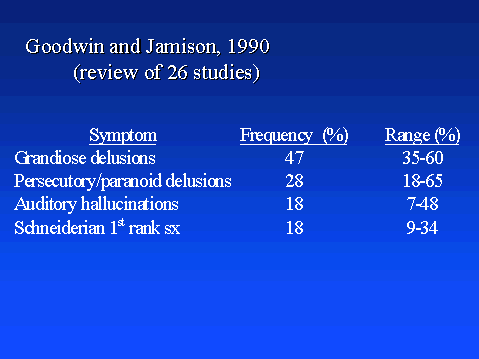
These include cognitive and attention deficits (“brain fog”), newonset anxiety, depression, psychosis, seizures, and suicidal behavior. In addition to anosmia-a loss of the sense of smell commonly reported by COVID-19 patients and therefore linked to the brain’s olfactory processing system- the researchers noted a range of other reported neuropsychiatric symptoms in COVID patients.

She was joined by Peter Carroll, M.D., Ph.D., a pathologist and cell biologist also at Columbia, and Robyn Klein, M.D., Ph.D., an expert in pathology, immunology, and neuroscience at Washington University St. The report’s lead author, Maura Boldrini, M.D., a neuropathologist and psychiatrist, is a 2014 BBRF Independent Investigator and 20 Young Investigator. In a striking example of how support for basic research can contribute to urgently needed practical knowledge in moments of crisis, a team of investigators at Columbia University in March 2021 published a report in the journal JAMA Psychiatry explaining the potential causes of a wide range of neuropsychiatric symptoms seen in some patients infected with the COVID-19 virus. Finally, recent research on COVID’s impacts indicates how racial and socioeconomic factors can exacerbate risk and pose obstacles to care for those who are underserved by the healthcare system.

The new research also suggests that some people with psychiatric disorders are at significantly greater risk for contracting the virus, and for having worse outcomes relative to COVID patients who don’t have a psychiatric diagnosis. This research suggests how, in some cases, the virus may be exacerbating existing brain and behavior disorders, and in other cases may be giving rise to symptoms that were not present prior to a COVID infection. Over the last year, research performed by BBRF grantees and Scientific Council members has helped to build a growing body of evidence linking COVID-19 infections with damage to the brain. SCIENCE IN PROGRESS – from Brain & Behavior Magazine, September 2021 issue


 0 kommentar(er)
0 kommentar(er)
